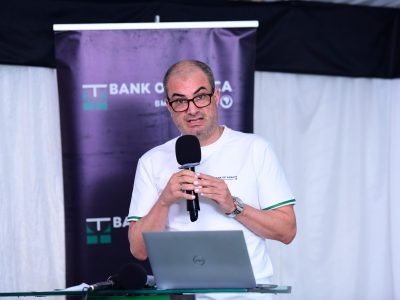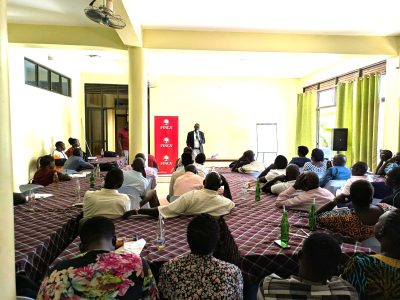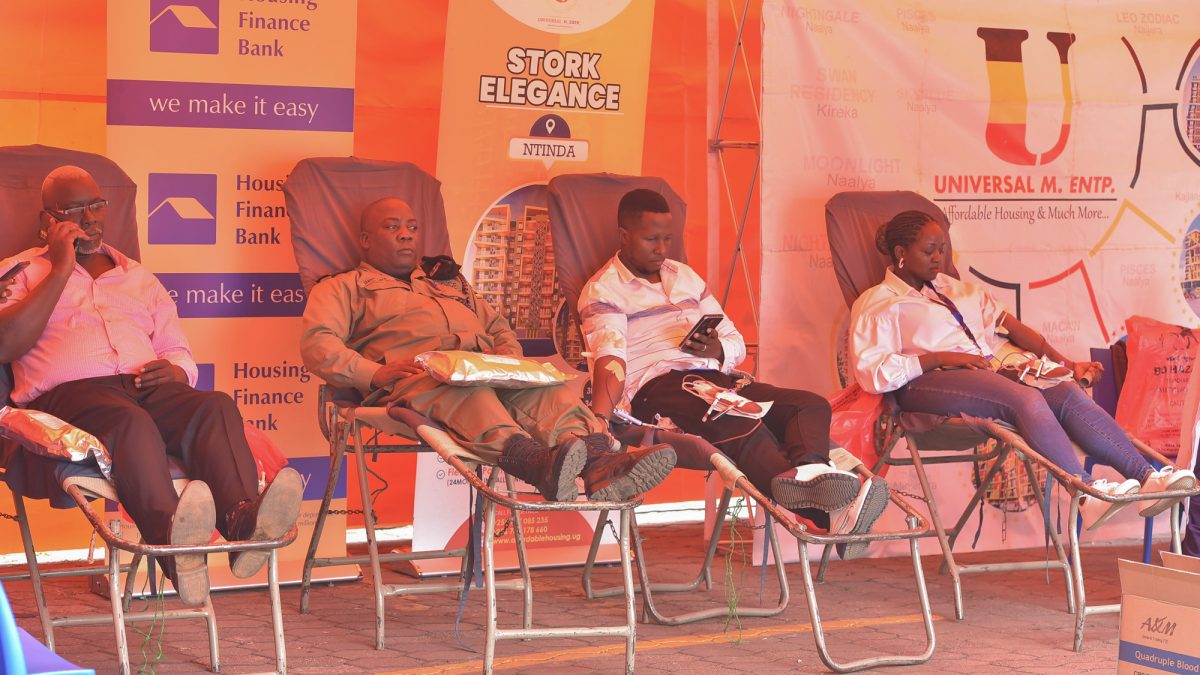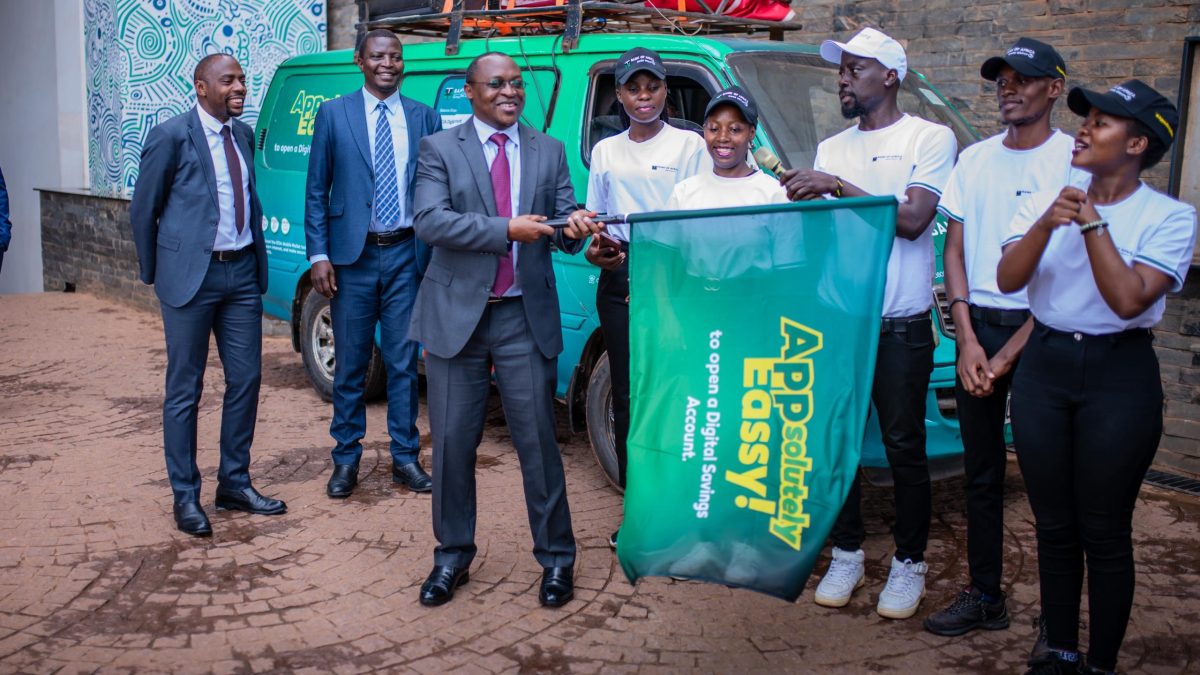
Uganda, a country with a population of 46 million as of 2020, is undergoing rapid urbanization, driven in part by the growth of its middle-income class. However, this urbanization comes with its challenges, particularly concerning air pollution and traffic congestion in the capital city, Kampala. With a projected population of 4.1 million by 2024, the need for sustainable and efficient transportation solutions is more pressing than ever. This article explores Uganda’s journey towards embracing e-mobility as a key solution to these challenges, focusing on three prominent players leading the charge: Spiro, Zembo, and GoGo.
Urban Challenges and the E-Mobility Solution
Approximately 60% of Kampala’s citizens rely on informal motorcycle taxis, known as “boda boda,” for their daily commute, underscoring the limited access to affordable public transport. As the number of boda bodas continues to grow, concerns about their environmental impact and contribution to global warming become more significant. The expansion of zero-emission motorcycles, coupled with a battery swap network powered by renewable energy, emerges as a promising solution to mitigate these challenges not only in Uganda but also across Sub-Saharan Africa.
Spiro
Formerly known as M Auto, Spiro has recently entered into a groundbreaking partnership with the Ugandan government. The ambitious project aims to deploy over 140,000 electric two-wheelers and establish 3,000 charge-and-swap stations nationwide. Running until 2028, this initiative aligns with Uganda’s vision to lead Africa in adopting electric mobility solutions.
Spiro’s CEO, Shegun Adjadi Bakari, announced a program to replace conventional motorcycles with electric ones, allowing drivers to trade in their old motorcycles for Spiro’s commercially available models at no cost. This pioneering move, already implemented in other African countries, marks a significant step toward greening transportation and improving air quality.
“In the coming weeks, we will launch our program to substitute conventional motorcycles with electric ones. Drivers in Uganda will be able to trade in their old motorcycles for one of our commercially available models at no cost. This is a groundbreaking move in Africa, and we have already implemented this scheme in Benin, Togo, and Rwanda, with a favorable market reaction. We are excited to bring the same approach to Uganda,” Shegun Adjadi Bakari, CEO of Spiro said during the announcement of the partnership.
“Many countries are adopting policies on clean energy, and Uganda cannot be left behind. The Introduction of e-bikes is one step towards the right direction of greening and improving air quality in the country,” Minister of Works and Transport, Edward Katumba Wamala, reiterated.
Spiro started its operations in 2022 and has more than 6,000 motorcycles on the road across Benin, Togo, Uganda, and Rwanda.
Zembo
Founded in 2018, Zembo has a clear vision of achieving carbon neutrality and improving the income of motorcycle taxi drivers in Africa. Operating in Uganda, the company focuses on three key segments: assembly, distribution, and battery swap. Zembo assembles motorcycles locally, sells them directly to customers through leasing options, and operates its own battery swap network supported by solar energy.
Recent investments of $3.4 million from Mobility 54 Investment SAS, Toyota Tsusho Corporation, CFAO group, DOB Equity, and InfraCo Africa will enable Zembo to increase its motorcycle fleet by about 2,000 and install over 60 charging and battery swapping stations in Kampala.
“We’re excited to partner with impact-focused institutions like InfraCo Africa, DOB Equity, and Mobility 54 to continue developing electric boda-bodas (motorcycles) and charging stations for our customers. Zembo’s mission to improve incomes for Uganda’s boda boda riders while cutting air pollution is shared by our supporters and is a driving force for this partnership. We look forward to continuing to serve our customers and making sustainable mobility a reality in Uganda,” Zembo co-founder, Étienne Saint-Sernin said.
GoGo
Formerly known as Bodawerk, GoGo aims to double the number of electric vehicles in Uganda within the next two years. A strategic partnership with Watu Credit supports this mission. GoGo has already made significant strides with its E-BODA Commuter electric motorbike and provides battery-powered vehicles for larger cargo and boats.
By the end of 2023, GoGo aims to have 1,000 riders on the road, accomplishing 2,000 battery swaps daily. Looking ahead to 2024, the company envisions supporting 20,000 riders consuming 3GWh of electricity monthly. GoGo’s plans include establishing East Africa’s largest lithium-ion battery pack factory in 2024, emphasizing a commitment to sustainable and locally-driven e-mobility solutions.
In conclusion, as Spiro, Zembo, and GoGo spearhead Uganda’s e-mobility revolution, the nation stands on the precipice of a transformative era in transportation. These companies not only contribute to environmental sustainability but also drive economic growth and job creation. Uganda’s embrace of e-mobility serves as a beacon for other nations grappling with similar urban challenges, showcasing the positive impact that innovative solutions can have on both the environment and the economy.











Greeting initiative towards achieving SDG 9 and 11